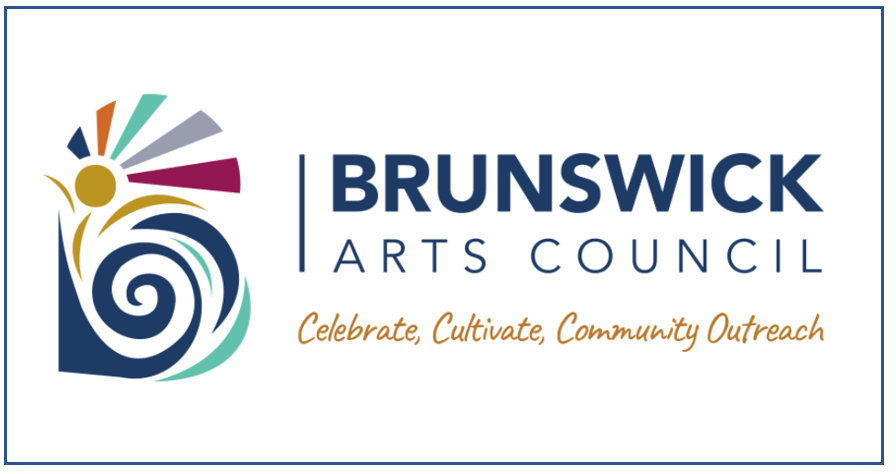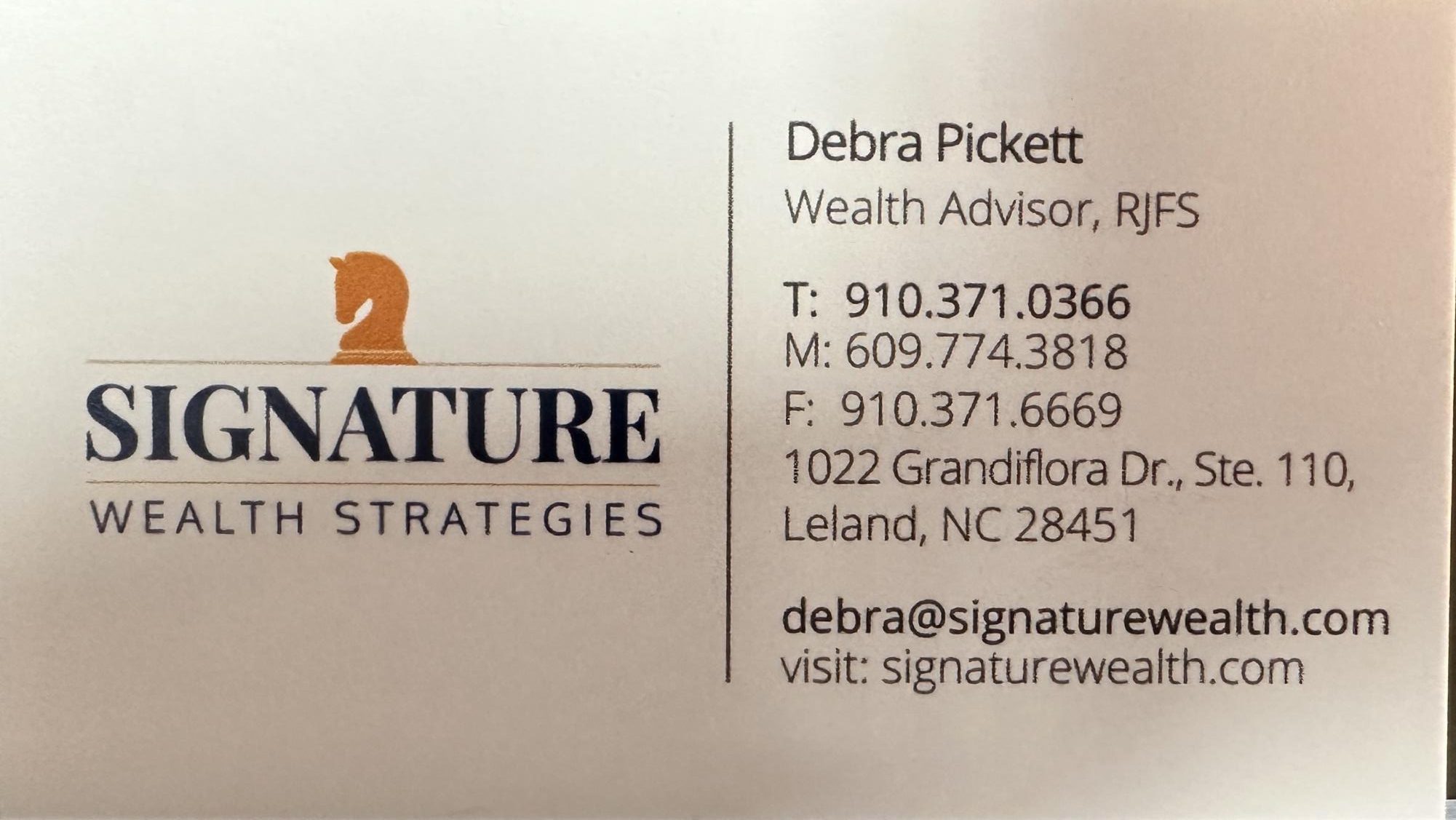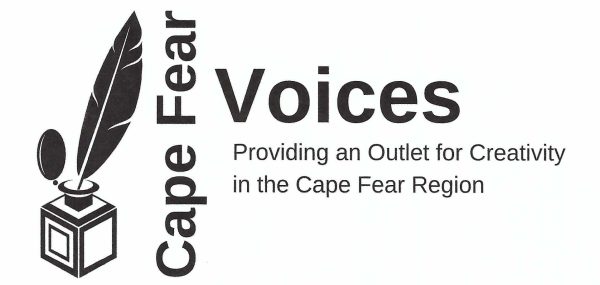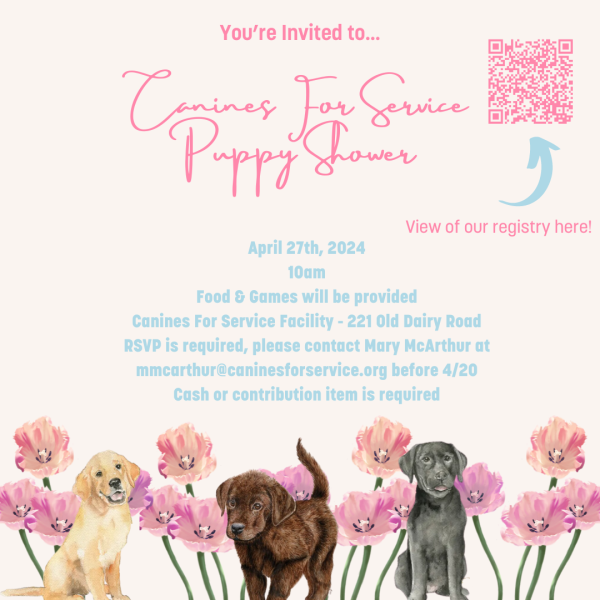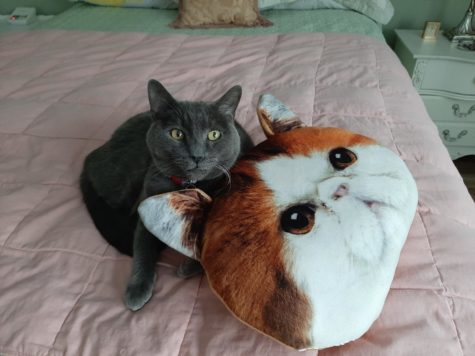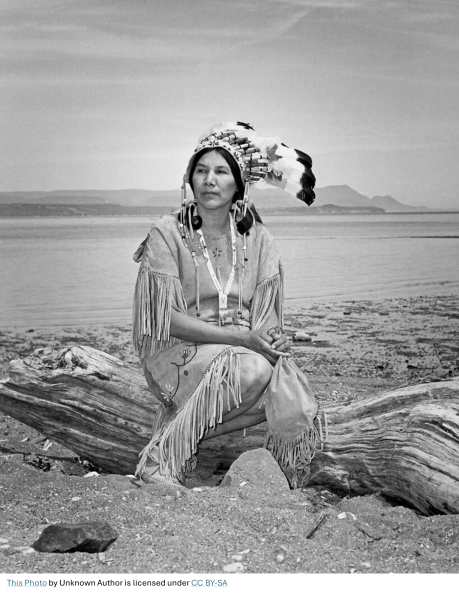Conversational Chemistry
June 2, 2023

“A good conversation is the best aphrodisiac.” I’m not sure who penned that quote, but doesn’t it ring true? Our ability to connect with another person is often through heartfelt conversation, where there is equal give and take, and you get to know the other’s personality, both light and dark.
I’m a fan of the Washington Post’s advice columnist Carolyn Hax. Besides her uncanny ability to read between the lines of a question, I’m struck by how often she highlights the importance of “conversational chemistry” in long-lasting relationships. A man wrote to her asking if he should get married to the “woman of his dreams,” even if they rarely have deep discussions. Carolyn tells the man that if he values easy conversations about complicated things, he should prioritize that. But she also asks what he would do if he were already married and one day met someone with whom the subtlety, wit, and substance he craves came easily. Good question.
In today’s dating app world, there is a lot of emphasis on someone’s physical appearance, the need for instant “chemistry.” Swipe right—you’re in; swipe left—you’re out. Yes, you should be attracted to someone, but the physical attraction most likely to endure is not based on physique (sagging stops for no one!) but on a mutual emotional bond. The latter takes longer to form and requires regular interaction and communication. The opposite is also true: it’s not uncommon to be attracted to someone’s body, then lose interest after they open their mouths.
The coronation of King Charles III and his wife, Camilla, reminded me of how external beauty alone is insufficient to sustain a long-term relationship. However much we loved the beautiful Princess Diana, she and Charles did not have much in common. According to royal expert Marlene Koening, who wrote about Charles and Camilla’s relationship for BBC’s History Extra, Charles wanted to marry Camilla in the 1970s. But in those days, you had to be a virgin to marry into the royal family, and Camilla had a history. “Camilla was the only person to whom he could talk about anything. She was his best friend, his soulmate, and [eventually,] his lover.”
Although significant differences in age or education can play a role, they are less important for soulful exchanges than shared interests, values, and respect. A sense of humor helps as well. In 2008, HBO ran a miniseries about John Adams starring Paul Giamatti and Laura Linney. Although nine years apart in age and raised in very different circumstances, John and his wife Abigail shared an enviable intimacy. My favorite scene is when she reads his courtroom legal conclusion for the next day and tells him that his quotes appear to show how erudite the lawyer is rather than to make a legal case. He is at first exasperated, but in the end, realizes she is right. “Well,” he responds, “I guess I’ll be up most of the night revising it.” While separated for many years during the Continental Congress, the couple wrote regularly, referring to one another as “dearest friend” in their correspondence.
Conversational chemistry does not require intellectual prowess. But it does require curiosity. A study led by Todd Kashdan at George Mason University found that being interested in others is even more important in cultivating relationships than being interesting. When you ask people open-ended questions, they share more, often returning the favor. This sets up a spiral of give-and-take, which fosters intimacy. And engaging in novel, interesting activities together can keep long-term relationships from going stale.
Image by StockSnap from Pixabay


